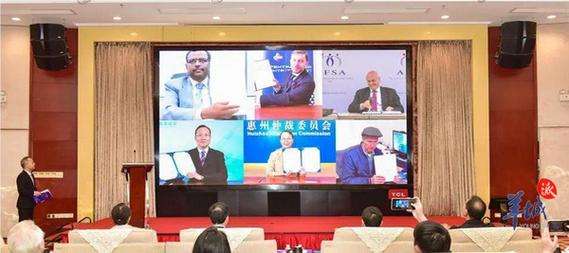
At the Guangdong-Hong Kong-Macao Greater Bay Area Legal Forum at the end of August, the first standard for arbitration secretaries in China, known as the “Guangzhou Standard”, will be officially launched.
Arbitration secretaries are individuals appointed by arbitration institutions to assist with case management and service tasks. In 2022, arbitration secretaries were officially included in the Occupational Classification System of the People’s Republic of China.
The “Guangzhou Standard” has already been recognized and signed by the Asia Pacific Centre for Arbitration & Mediation (Hong Kong), the World Trade Center Macao Arbitration Center, as well as arbitration institutions in Zhuhai, Huizhou, Nanjing, Ningbo, Harbin, and Maoming, making it the world’s first cross-institutional standard for arbitration secretaries.
“Arbitration secretaries are both mediators for arbitration institutions to manage cases and a crucial support for arbitration panels to efficiently advance proceedings, a significant role in the construction of international legal practices,” said Li Zhenghua, an Associate Professor at Sun Yat-sen University School of Law and an arbitrator of the Guangzhou Arbitration Commission. He noted that the standard not only fills a gap in industry rules but also prepares a foundation for the long-term development of arbitration in China, further promoting the export of secretarial services in international arbitration.
He Han, Deputy Director of the International Department at the Guangzhou Arbitration Commission, explains that this is the first arbitration secretary standard in China. It details classifications, defines responsibilities, and standardizes procedures, laying a foundation for the profession’s development. The standard combines international practices with “oriental experience” by differentiating between tribunal secretaries and case management secretaries. It integrates arbitration institution management with tribunal independence based on international practice, enhancing Chinese arbitration institutions meet international conventions on arbitration independence while integrating mediation throughout the arbitration process to improve efficiency. The standard caters to both institutional arbitration and temporary arbitration commonly used in maritime disputes, meeting the needs of institutional arbitration for managing cases and also applying to situations where arbitration institutions or other qualified entities provide secretarial services for temporary arbitration in the future.
Additionally, on Aug 29, during the “Guangzhou Arbitration Day” series of events, the opening of the Tianhe Arbitration Themed Park and public legal education activities will take place, along with a tour of the “Yunxiaozhong” intelligent robot exhibition.